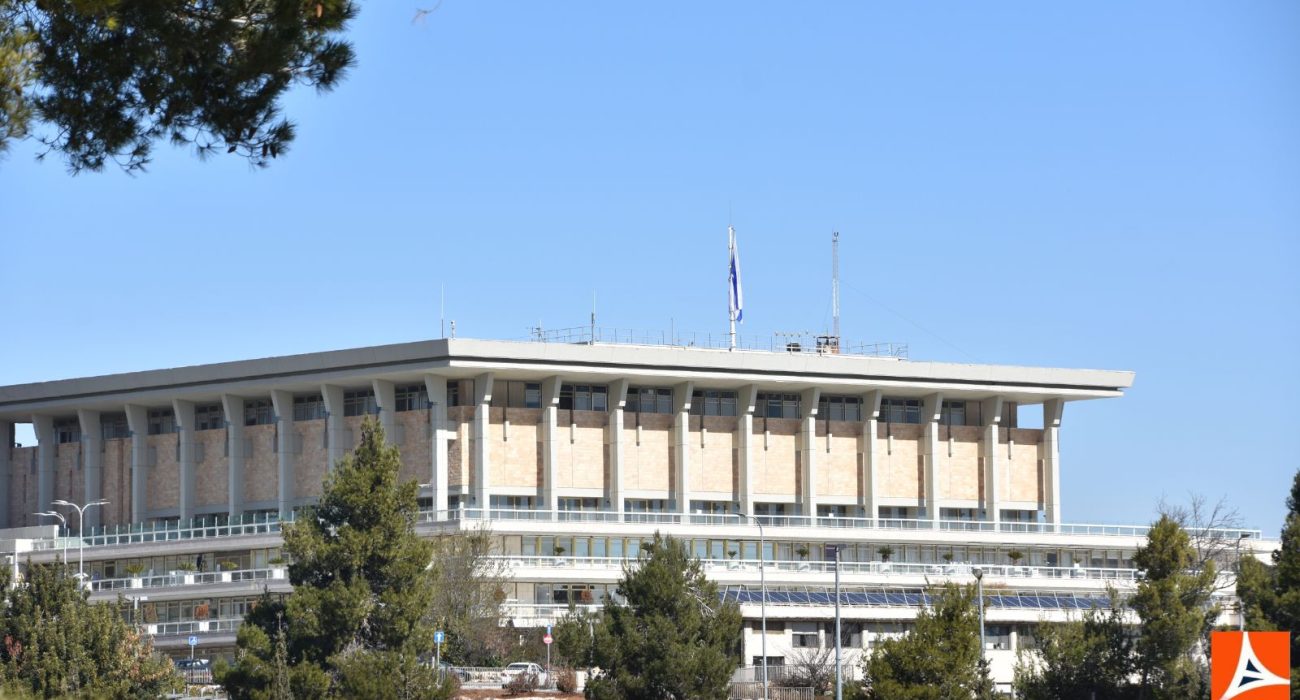A new law was passed in January 2025, raising the amount that Israelis pay for Bituach Leumi (National Insurance). This law is intended to help cover Israel’s tremendous war expenses and reduce the national budget deficit, bringing in approximately 4.4 billion shekels to government coffers.
The law will lead to a 1.6% increase in National Insurance contributions. Employees who earn above 7,522 shekel a month will pay another 0.8% to Bituach Leumi, with their employers contributing the same amount. What this means practically is that these employees will receive 60 NIS less in their net salaries, with the employers also contributing 60 shekels.
Employees earning up to the lower salary bracket (7,522 shekels) will bear only 40% of the increase—meaning an additional 48 shekels for the employee and 72 shekels for the employer.
For the self-employed, Bituach Leumi contributions for income up to 60% of the average salary will increase from 2.87% to 4.47%. Household help (such as cleaners) will see their contributions rising from 6.25% to 7.85%.
The Knesset has also updated the National Health Insurance Law (Bituach Briut). Since January 1, 2025, the health insurance contribution rate has increased from 5% to 5.17%. For income up to 60% of the average salary, the contribution rate will rise from 3.1% to 3.23%.
Child allowances (Kitzvat Yeladim) have not been cut, but the adjustment based on the inflation rate has been frozen.
The current provisions are set as a temporary measure for only two years, with the possibility of extension in 2027 and 2028.
While these changes aim to bolster Israel’s financial stability in the wake of war expenses, they also place an additional burden on workers, employers and the self-employed. It is essential for individuals and businesses to stay informed and plan accordingly for these adjustments in their financial obligations.

